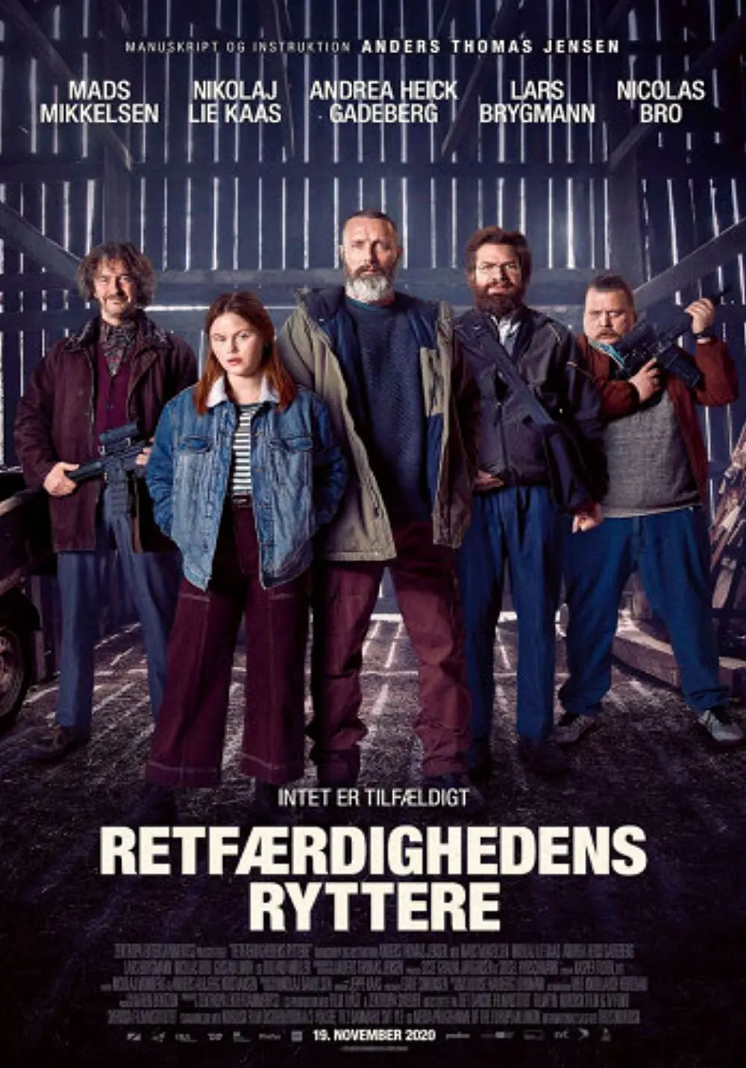Turist Living the rest of your life

If there is anything surprising about this year’s Oscars, the only regrettable thing might be that the jury left out “The Tourist”. By any standard, this Nordic film should have been nominated for the Best Foreign Language Film Oscar. But in the end, it was quietly forgotten. Perhaps it is more suitable for film festivals that focus on art and discernment, rather than the Oscars, which is such a good-looking and lively event.
The Tourist” is one of those “torture” movies that if you don’t have the guts, you’d better not go see it. Who said “Gone with the Wind” was the most breakup-prone movie of 2014? That’s only because you haven’t seen “The Tourist”. The coolness and introspection and self-imposed sharpness of Scandinavian cinema are all evident in this film. It is extremely clever to generate a series of questions from a very small detail in life, which makes everyone’s jaw drop.
While most films rely on a plot, a vignette, to drive events and emotions, The Tourist bravely uses just one motive to drive the entire emotional pile-up.
The story of this movie is as quiet as the place where it takes place. A family takes a rare vacation together, and the parents take their two children skiing. Everyone sits down to dinner at an outdoor restaurant next to a snowy mountain. There was a slight avalanche on the snowy mountain, and originally people thought it wouldn’t affect them, and they pulled out their cameras to take pictures. Soon, the collapsing snow mist began to roll in the direction of the restaurant. At this time, the hero instinctively fled the restaurant, leaving behind a panicked mother and two children. A minute later, everyone realized it was just a false alarm and returned to the table laughing and joking. And the main character’s family fell into an awkward silence.
The heart of the drama of “The Tourist” is this one subconscious action of the husband, but it triggers all the emotions and all the questions. Few films can resonate with audiences for long with just one “motive” of thought, and this is something that the unknown young director Ruben Ostlund has done amazingly well.
Before that, the Scandinavian high-scoring masterpiece “Hunting” is similar to this, but that story, after all, that there is an incident, and quite socially topical, while this time the “tourist”, the husband’s action is completely out of the human instinct of stress reaction, but it shakes off the human heart and human nature of the subtle and deep crumbs.
The director has cleverly put the torture into three levels. First, the action of running away triggers a cold war and an explosion within the family. What does this action really mean? Is it just an accidental subconsciousness, or is it a sign that the father of two is not worthy of being entrusted with? Should this act of escape be linked to moral standards? The plot then extends to a visit by two friends who are in love, and the wife cannot help but tell them about the incident. In the process of persuasion, the friends find themselves caught in a passive torture. The young girl asked her boyfriend, if you were faced with such a problem, would you not make the same choice? The man’s certain previous lazy behavior and a failed marriage seem to be evidence of a lack of responsibility, and thus the torture permeates from within one family to a second. Well, the most interesting part of the movie comes when the third layer of torture extends out from the screen and reaches out to the audience. Everyone becomes a tormentor. How would we react to a similar situation? There are various bridges that dismantle human nature during the couple’s quarrel, the man’s denial and defense, the woman’s insistence and crying, all of which make people more and more desperate. You will find that the seemingly stable relationship has long been covered with fine cracks.
In addition to the mental torture, the strict requirements for camera language also make this film enough to look at the whole year of art films. The luxury hotel in the interlocking arches, closed structure, corresponding to the perpetual snow-covered exterior, as well as the night as the alien scene of the snowy lights, with a deliberate arrangement, with a “sense of artifice” orchestral score, so that each shot is extremely stifling and extremely explosive. The director also deliberately introduced a hotel cleaner as a voyeuristic viewpoint, watching the couple arguing, breaking down and reconciling over this unspeakable matter. This stranger’s point of view, together with the abstracted snowy night exterior, adds a mysterious philosophical meaning to the film.
Even more clever is the film’s conclusion, which does not set up a real reconciliation or a complete family break-up, but instead uses a clever and indistinguishable drama. In the end, the family of four is skiing together again, but the mother is in danger in the snow, and the father plays a heroic rescue in front of the children as if it were a fairy tale. No one knows if this is a scene from the parents’ rehearsal or something that actually happened, but it happens so coincidentally that it’s unbelievable. But this is the real life, can only use a false bridging agent as the antidote to our meticulous life.




